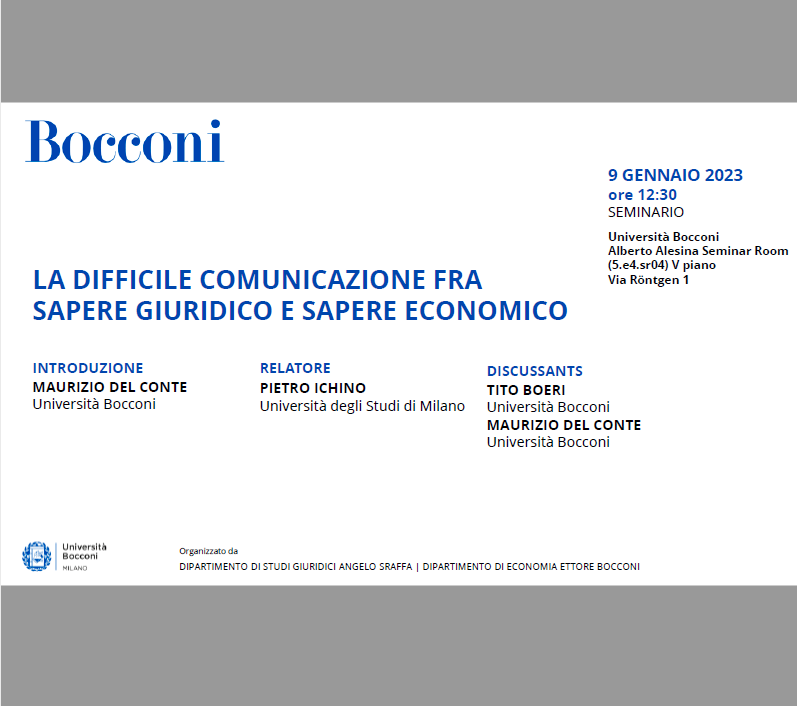Il Sole 24 Ore of Monday 22 May interviews legal counsel whose company clients will need to comply with the Corporate Sustainability Reporting Directive [CSRD].
As the journalist Serena Uccello points out, ‘the most important novelty comes in the future, when the number of companies that will have to draw up a sustainability report will be extended: from 1 January 2026, the obligation will apply to all companies with more than 250 employees, a turnover of more than EUR 50 million and an annual budget of at least EUR 43 million’.
The information in it concerns how natural resources are used, the environmental impact of the activity carried out, how the wealth produced is distributed and important information on employment, workers’ rights and gender equality. As regards HR management, the report is usually framed around the human rights issues that a Company holds as most salient, which may span the full value chain.
Employment aspects
Atty Guglielmo Burragato emphasises that the governance and social aspects, of which the
protection of gender equality and diversity are important components’, fall within the area of labour law: from regulations against undeclared or underpaid work to safety measures that become
relevant to Corporate Sustainability Reporting .
The need for training programmes
It will also be up to companies to control the risk that their suppliers do not observe good sustainability practices in their production processes and in measuring their environmental, social and governance impact. This will require an investment in terms of training: ‘The prospects,’ Mr Burragato continues, ‘are important. But I must say that younger people show considerable sensitivity to these issues’.
The newspaper page with the full report is available here.
[Photo by Gerd Altmann from Pixabay].












